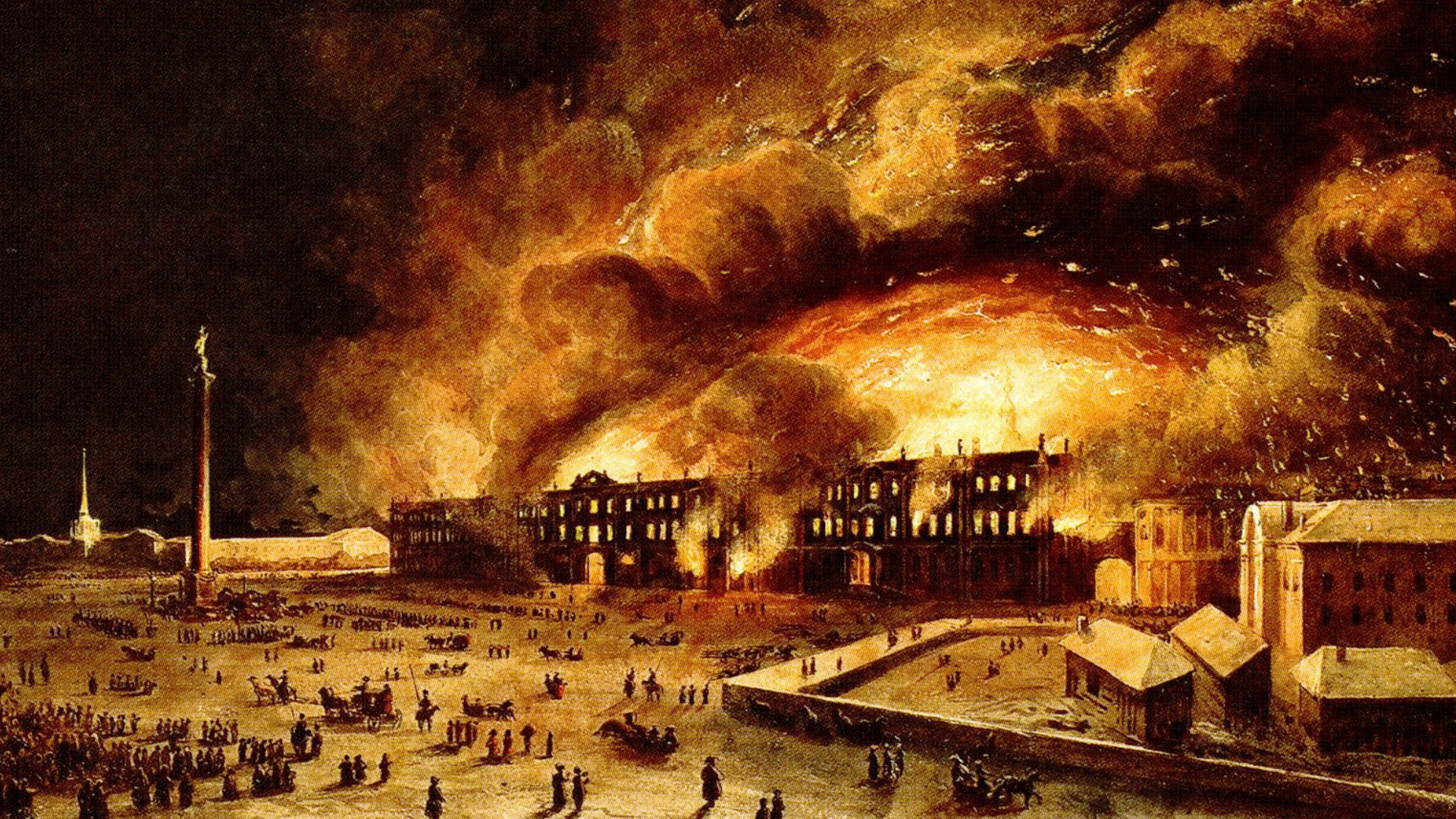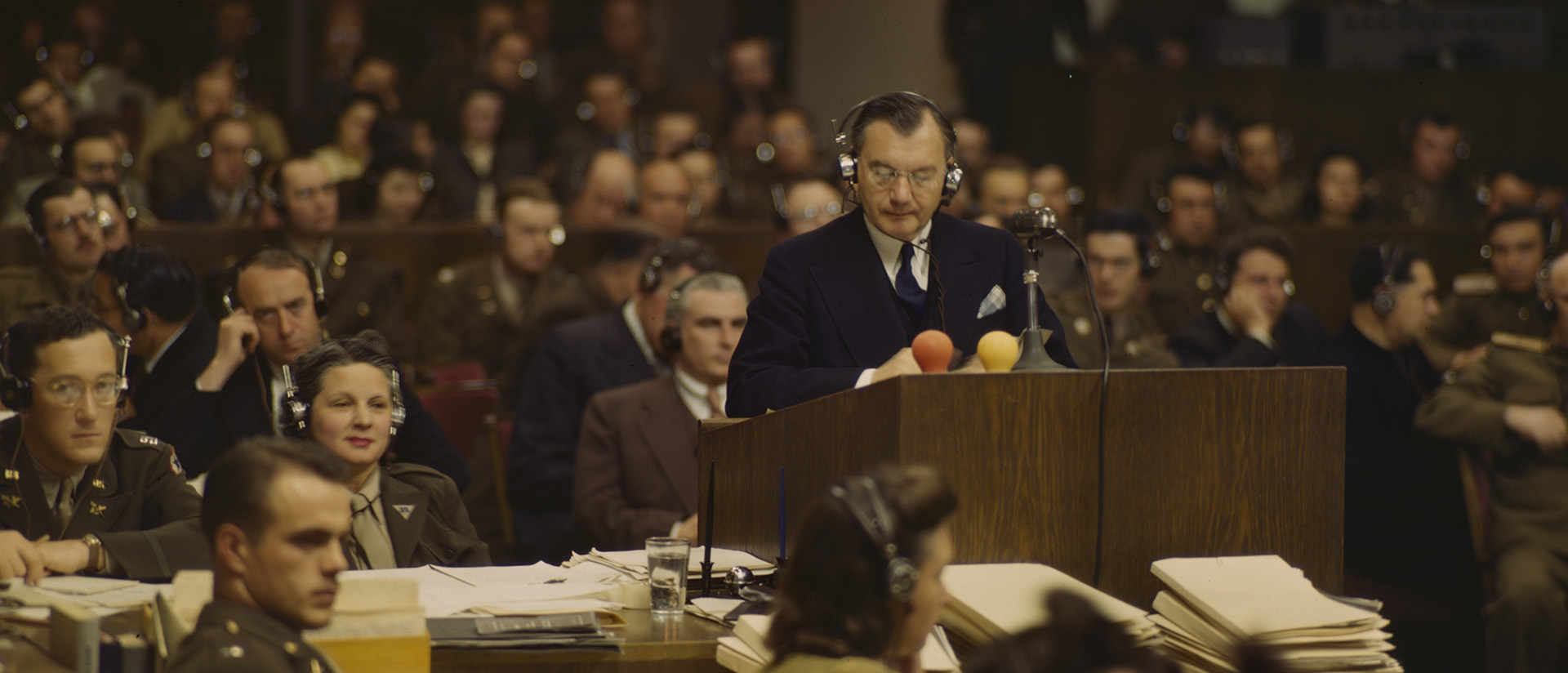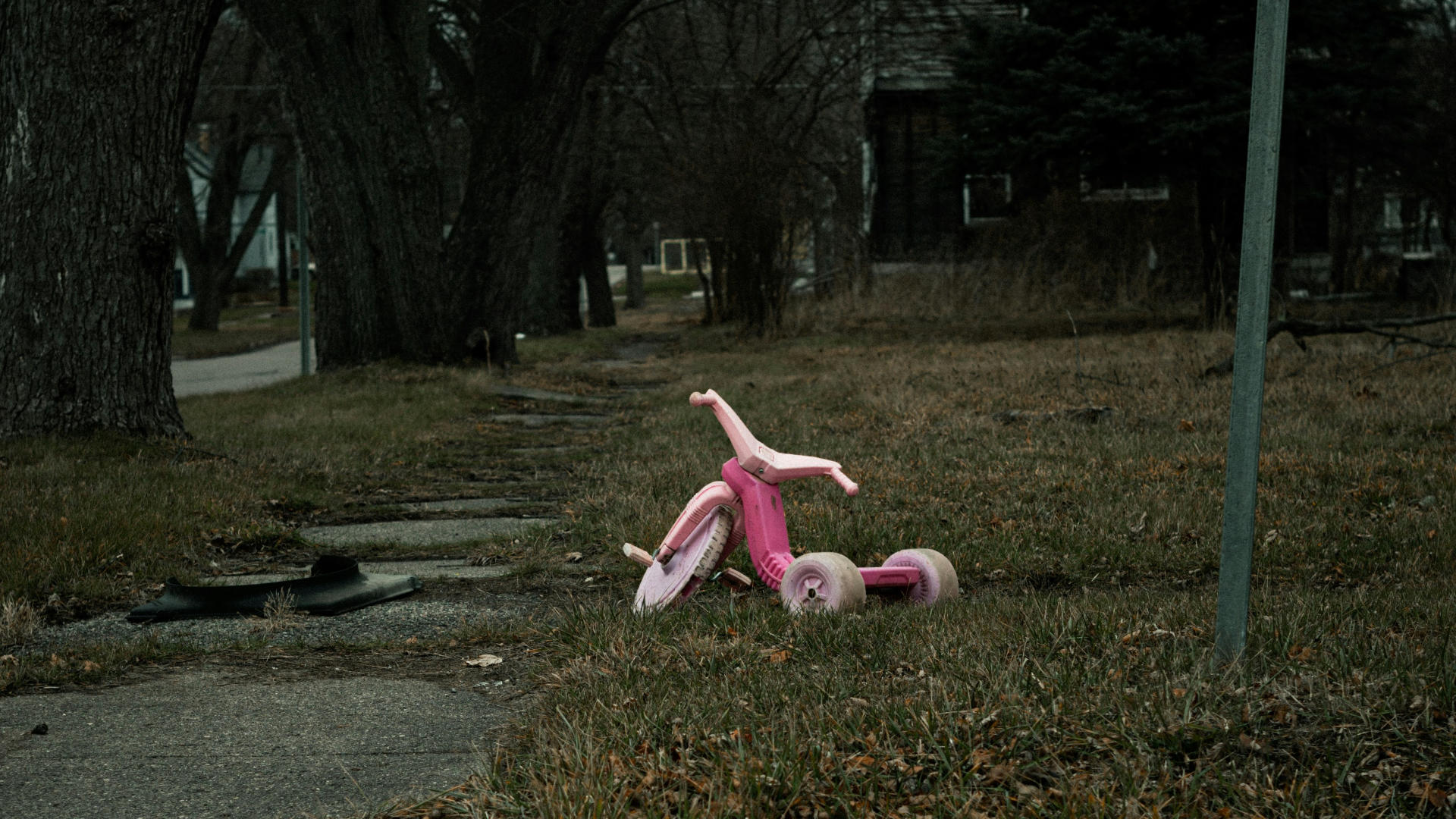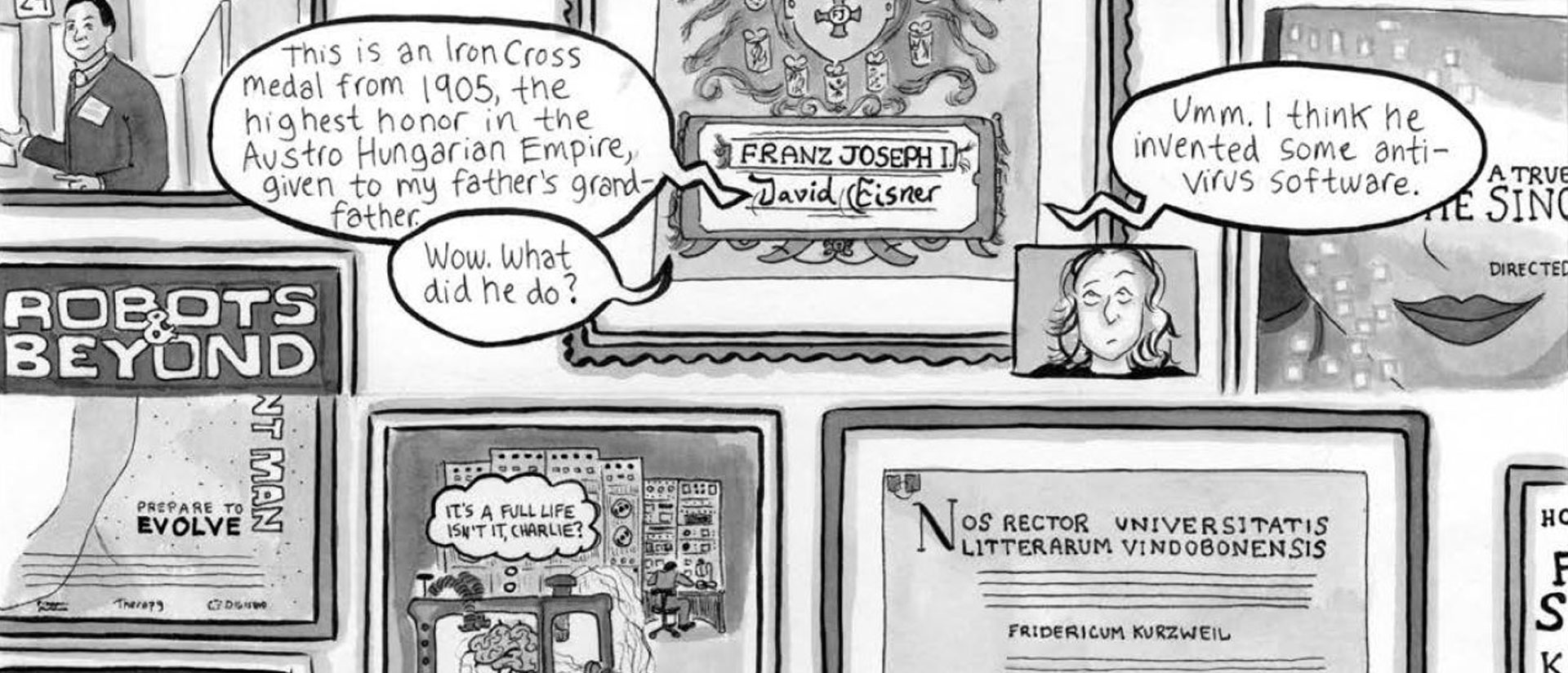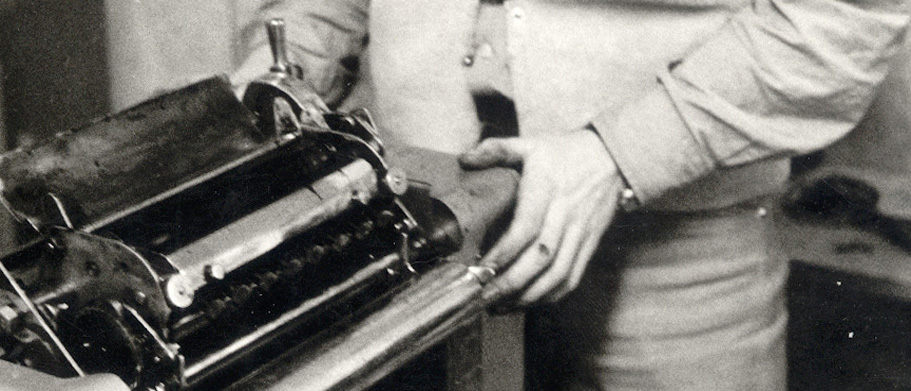
Taxi Driver
Tears from Tijuana
by Cristina Rivera Garza
He says he isn’t a believer but that some things have happened to him recently that are making him reconsider. He says I won’t even believe him. After I insist, he says he’ll tell me, but that he still isn’t sure. And that’s when, between one turn and the next, he looks at me in the rearview mirror and I can see a difference in his gaze.
Beto is a taxi driver who always takes me to the airport when I’m leaving Tijuana. As long as I’ve known him, which has been for quite a while, he insists that one day I will end up writing one of the stories he tells me. And he tells so many! On our trips to the airport I’ve become familiar, through his voice, with a certain underworld of this border town that I otherwise would never have experienced. Beto also works a lot with the women in Tijuana’s red-light district, and once I shared a ride with a few, because, as he explained to me, they were in a rush. An If you don’t mind. This time is different. Instead of beginning the story by making his characteristic racket—he usually turns up the volume on the radio as he starts talking—he avoids my gaze and even rolls up the car windows. In a moment or two I will remember how, upon climbing into the car, I had admired how clean it was, how good it smelled. Its immaculateness.
He says he picked her up, like so many others, on your average street corner. He says she had long copper hair, blue eyes, and spoke with an accent from southern Mexico. He says she was a young girl, the kind who claims they’re twenty when they’re barely sixteen, and that’s why they’re so stunning. He says the girl received a call and that, with the phone still at her ear, she told him where she was headed. He says that there, in the back seat where I was sitting, she took off her sweatpants and put on a tight dress—green, quite pretty. He says her final destination was a hotel.
Beto’s stories have never given me chills before. But this one, even before hearing the ending, already makes me shudder. Suddenly I want him to be quiet. Suddenly I hope that something will happen on the road or in his head that will make him stop telling me what I know he is inevitably going to tell me. Who has lived in Mexico for the last six decades and doesn’t already know the ending to this story?
He says she asked for his phone number so that, after her job was done, he could pick her up at the same place. He says between one thing and another, they broke the ice and told each other as much as they could about themselves in one ride. He tells me this while fixing me with his troubled gaze in the rearview mirror, his eyes affected by something that in the moment I could perhaps call metaphysical. He says she never called him back.
I know he hasn’t yet reached the point in his story that he really wants to share because he keeps pausing for increasingly long periods of time. We discussed this once before— something about the role of silence, of empty space, in the construction of suspense. While he’s quiet I watch huge billboards pass by.
He says the next morning he learned what happened while watching television. He repeats the same words we always hear: found dead, strangled, unidentified body. He says he had to answer questions at the police station. And he says the same words as always: no identity, no family, nothing at all.
I don’t know if it’s at this moment or later that the nausea starts. I don’t know at what moment I realize that, just a few days ago, I read similar words about a poet and translator whose “crime” is still unclear: his hands and feet bound, packing tape around his head, the final blow or shot. They keep getting closer, I tell myself as I instinctively move my hand from the seat where the girl changed her clothes.
He says another day, also a weekday, something similar happened to him. He says this is the part I won’t believe. He says, opening his eyes wide even though they maintain a paradoxically somber look, this time when the girl got in the car she was already on the phone. He says she sighed deeply and hesitated. He says, emboldened or concerned, out of his element either way, he told her what happened to the other girl to try and convince her not to go to the hotel alone. He says he told her: That girl was just as young as you. He says right at that moment she sat there speechless, as if struck by something divine, and then she began to ask questions. He says, despondent yet not shedding a single tear, that she told him the girl was her sister. He says she then dialed a number and in a quiet voice, quiet as a mouse, she told her mother the news. He says she said: Now I know where my sister is.
What are the chances? he asks me, as if I know. Can I not clearly see the intervention of something beyond human understanding? he insists. I don’t know what to think about his religious conversion or of the gray landscape that unfolds into dust and noise on the other side of the window. Social sadness is so intimate sometimes. And intimacy can be so sad.
Carlos Beristáin, sociologist, doctor, and specialist for the Inter-American Court of Human Rights, says that violence in Mexico has reached a catastrophic level. He also says that the legacy of this violence will impact, at the very least, entire generations. The pain. The rage. The impotence.
This essay was originally published as “Nonfiction,” chapter VIII of Cristina Rivera Garza’s Grieving: Dispatches from a Wounded Country (The Feminist Press, 2020) and is reprinted here with permission.













